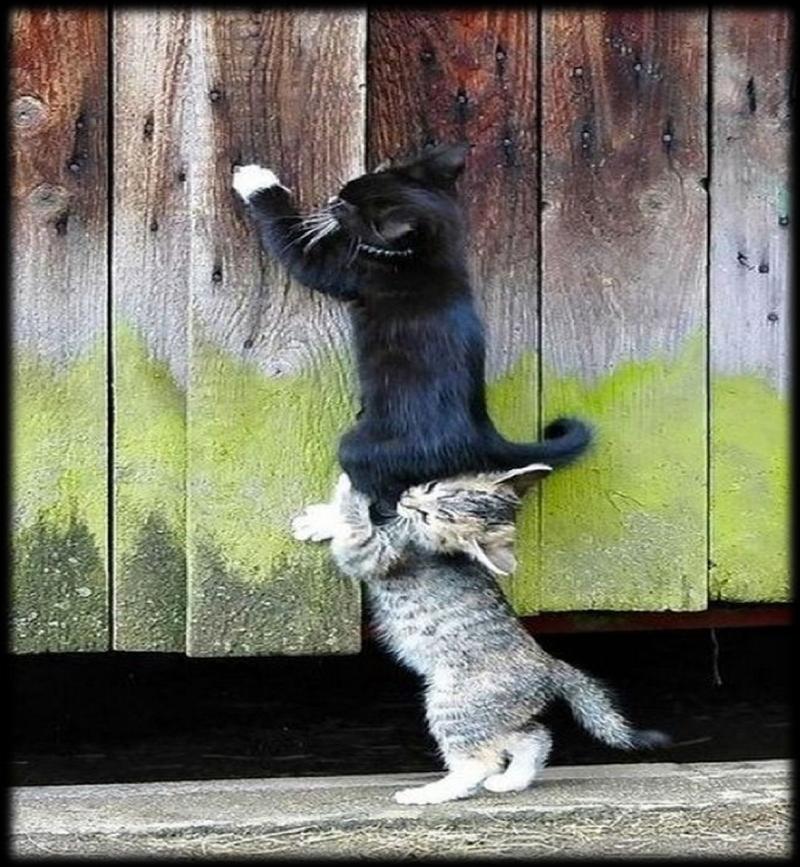Are You Judging Those Who Ask for Help?
Are You Judging Those Who Ask for Help?
Do you feel comfortable asking for help? Or do you find it easier to offer help rather than seek it for yourself?
Many people feel they are happy to assist when asked for help. However, if you inquire whether it is equally easy for them to ask for help, their response is often negative. It seems that it is easier for us to give help than ask for it. Why?
What Brene Brown says about this might take you by surprise-
“When you can not ask for help without self-judgement, you are never really offering to help without judgement.
When you can not accept and ask for help without self-judgement, then when you offer other people help, you are always doing so with judgement. Always! Because you have attached judgement to asking for help.
When you extract ‘worthiness’ for helping people, that's judgement. When you don’t extract worthiness and you think ‘I am just helping you because one day I am going to need help’ — that’s connection, that’s vulnerability.” - Brene Brown
In other words, if we don’t experience the same freedom to request and accept help as we do when offering it, it indicates that we have elevated the act of giving help to a slightly superior position compared to receiving it.
Even well-intentioned quotes that depict helping as “reaching down” inadvertently contribute to this perception. For instance, consider the quote by John Holmes: “There is no exercise better for the heart than reaching down and lifting people up.” While this quote intends to convey the value of helping others, it unintentionally reinforces the notion of superiority associated with giving help.
In our perception, there is a subtle judgment towards those who ask and receive. We tend to view the giver as slightly better, more virtuous, and superior. This inauthentic mindset allows us to derive a sense of superiority from giving help. That’s inauthentic generosity.
If we haven’t let go of this judgment, if we haven’t freed ourselves to ask for help, then our act of helping others becomes a means to reinforce this superiority. If we take a moment to pause and reflect, it is not too difficult to detect this sentiment within our hearts.
To truly embody generosity, we must also be willing to take and request help. In this perspective, allowing someone to assist us is an act of generosity as well. By letting others contribute, we grant them the opportunity to feel good about themselves, knowing that they could be of help to us. We give them a chance to become a bigger and more compassionate human being. However, it's important to consider the comfort level of those we approach for support.
However, asking for help may not come easily if we have unknowingly attached judgment to it. Or you may find yourself only willing to accept specific types of assistance or only from certain individuals. To cultivate authentic generosity in our service to others, we need to challenge ourselves to seek help in all areas where we are willing to offer support. It helps to remember that no one can accomplish everything alone.
By embracing the idea that asking for assistance is a virtuous act, we can break free from the unconscious judgment that hinders our ability to receive help and create a genuine atmosphere of mutual support.
"When we give cheerfully and accept gratefully, everyone is blessed."― Maya Angelou
Be the first to post a message!
